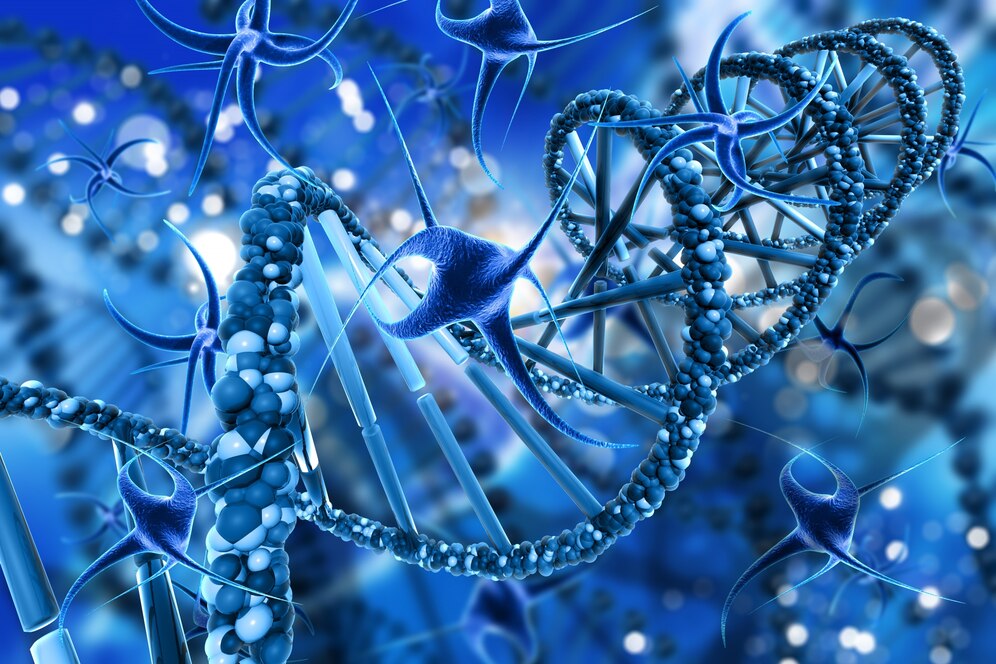
The Evolution of Medicine: A Decade of Modernization

Over the past ten years, the medical field has undergone an extraordinary transformation. Technological advancements, evolving treatment methods, and improved healthcare delivery systems have revolutionized the way we approach medicine. As we navigate this decade of innovation, it is clear that modern medicine is becoming more precise, personalized, and accessible to people around the world.
In this article, we will explore the key factors that have driven the modernization of medicine and how these changes have improved patient care. From the integration of AI and telemedicine to advancements in gene therapy and medical devices, the healthcare industry has seen a wave of innovations that are reshaping its future.
Technological Innovations in Healthcare
The digital revolution has played a significant role in the modernization of healthcare. From the rise of electronic health records (EHR) to the widespread use of artificial intelligence (AI) in diagnostics, technology is at the forefront of this change. Let's take a closer look at some of the most impactful innovations:
- Artificial Intelligence: AI is being used to analyze vast amounts of medical data, assist in diagnosing diseases, and even predict patient outcomes based on historical data.
- Telemedicine: The COVID-19 pandemic accelerated the adoption of telemedicine, allowing doctors to provide remote consultations and monitor patients from afar.
- 3D Printing: This technology is being used to create customized prosthetics, implants, and even human tissue for research and treatment purposes.
Case Study: The Role of AI in Diagnostics
AI has already made a profound impact on medical diagnostics. For example, AI algorithms have been trained to detect cancerous tumors in radiology scans with accuracy rates that rival those of experienced radiologists. This not only speeds up the diagnostic process but also improves accuracy, reducing human error and increasing patient survival rates.
Advancements in Treatment Methods

The last decade has also seen major breakthroughs in treatment methods, particularly in areas like gene therapy, immunotherapy, and personalized medicine. These advancements are offering new hope to patients with previously untreatable or chronic conditions.
For instance, gene therapy has shown remarkable promise in treating genetic disorders by modifying or replacing faulty genes within a patient’s cells. Immunotherapy, meanwhile, has opened up new possibilities for cancer treatment by harnessing the body’s immune system to fight off tumors.
Another critical area of advancement is personalized medicine. Using a patient’s genetic information, doctors can tailor treatments that are more effective and have fewer side effects. This approach is especially promising for conditions like cancer and autoimmune diseases, where treatments need to be carefully adjusted to the individual's unique biology.
The Role of Big Data in Personalized Medicine
Big data analytics is driving personalized medicine forward by enabling doctors to analyze massive datasets of patient information, genetic profiles, and treatment outcomes. This allows for more targeted therapies, improved drug efficacy, and better overall patient care.
Looking to the Future
As we look to the future, it is evident that the healthcare landscape will continue to evolve. With advancements in AI, gene therapy, and telemedicine, the next decade is set to bring even more breakthroughs, making healthcare more accessible, personalized, and effective for everyone.
All rights Reserved © careprostrxmedsx247,
Made with by careprostrxmedsx247

